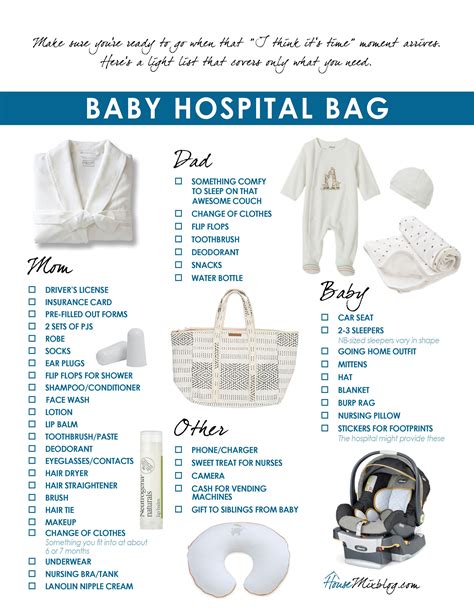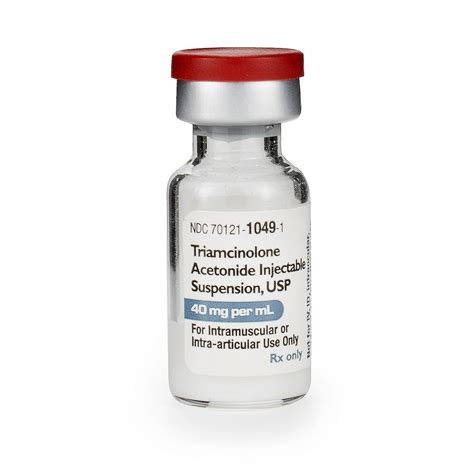Bronchitis Cure Guide: Effective Recovery Strategies

Understanding Bronchitis: The Foundation for Effective Recovery Bronchitis, an inflammation of the lining of the bronchial tubes, which carry air to and from the air sacs in the lungs, can be both acute and chronic. Acute bronchitis is often the result of a viral infection and can resolve on its own within a few weeks, while chronic bronchitis is a more persistent condition, often associated with smoking or long-term exposure to irritating substances. Effective recovery from bronchitis, whether acute or chronic, involves a comprehensive approach that includes understanding the condition, implementing lifestyle changes, and utilizing appropriate medical treatments.
The Importance of Medical Diagnosis
Before delving into recovery strategies, it’s crucial to obtain a proper medical diagnosis. A healthcare provider can differentiate between acute and chronic bronchitis and rule out other conditions such as pneumonia or asthma. Diagnosis typically involves a physical exam, medical history review, and may include pulmonary function tests or chest X-rays in some cases. Understanding the exact nature of the condition is vital for tailoring an effective treatment plan.
Lifestyle Changes for Bronchitis Recovery
Recovery from bronchitis, especially chronic bronchitis, requires significant lifestyle adjustments. These changes are not only beneficial for alleviating symptoms but also for preventing the progression of the disease.
- Quitting Smoking: For smokers, quitting is the most critical step. Smoking damages the lungs and exacerbates bronchitis symptoms. Various resources are available to help with smoking cessation, including support groups, nicotine replacement therapy, and prescription medications.
- Avoiding Irritants: Beyond smoking, avoiding other lung irritants such as secondhand smoke, dust, and chemical fumes is essential. Using masks when exposure is unavoidable can help protect the lungs.
- Hydration: Drinking plenty of fluids, especially water, can help thin out mucus, making it easier to cough up and reducing the risk of complications.
- Rest: Getting plenty of rest allows the body to fight off the infection and recover more efficiently.
- Dietary Changes: Incorporating a balanced diet rich in fruits, vegetables, and whole grains can provide the body with the necessary nutrients to fight off infections and heal. Foods high in antioxidants, such as berries and leafy greens, are particularly beneficial.
Medical Treatments for Bronchitis
While lifestyle changes are foundational, medical treatments play a critical role in managing bronchitis symptoms and preventing complications.
- Medications: For acute bronchitis, over-the-counter pain relievers and expectorants may be recommended to relieve symptoms. For chronic bronchitis, prescription medications such as bronchodilators and steroids may be needed to open up airways and reduce inflammation.
- Antibiotics: If the bronchitis is caused by a bacterial infection, antibiotics may be prescribed. However, for viral infections, antibiotics are ineffective, and treatment focuses on symptom relief.
- Pulmonary Rehabilitation: For those with chronic bronchitis, especially if it’s part of chronic obstructive pulmonary disease (COPD), pulmonary rehabilitation programs can provide comprehensive care, including exercise training, education, and support, to improve symptoms and quality of life.
Complementary Therapies
Alongside conventional treatments, certain complementary therapies can aid in recovery and symptom management.
- Steam Inhalation: Inhaling steam from a bowl of hot water or a steam inhaler can help loosen mucus.
- Honey: Known for its soothing properties, honey can help calm a cough.
- Herbal Supplements: Certain herbs like echinacea and ginger have anti-inflammatory properties and may help boost the immune system. However, it’s essential to consult with a healthcare provider before adding any supplements to ensure they don’t interact with other medications.
Future Trends in Bronchitis Treatment
Research into the treatment of bronchitis and other respiratory diseases is ongoing, with promising developments in areas such as gene therapy, stem cell therapy, and new drug therapies aimed at targeting the specific mechanisms of the disease. These advancements hold potential for more effective treatments and improved outcomes for patients in the future.
Addressing Common Concerns
- Is Bronchitis Contagious? Acute bronchitis caused by a viral infection can be contagious, depending on the virus. It’s essential to practice good hygiene, such as frequent hand washing and covering the mouth when coughing, to prevent the spread of infection.
- Can Bronchitis Be Prevented? While not all cases can be prevented, avoiding smoking, getting vaccinated against flu and pneumonia, and practicing good hygiene can significantly reduce the risk.
- What Are the Complications of Untreated Bronchitis? Untreated bronchitis can lead to severe complications, including pneumonia, chronic obstructive pulmonary disease (COPD), and in severe cases, respiratory failure. Seeking medical care if symptoms persist or worsen is crucial.
Conclusion
Recovering from bronchitis involves a multifaceted approach that includes medical treatment, lifestyle adjustments, and complementary therapies. Understanding the condition, its causes, and its impact on the body is key to effective management. By combining these strategies and staying proactive about health, individuals can work towards recovery, improve their quality of life, and prevent future episodes.
How Long Does It Take to Recover from Acute Bronchitis?
+Recovery from acute bronchitis can vary but typically takes about 2-3 weeks. However, a cough can persist for several weeks after the infection has cleared.
Can Bronchitis Lead to Other Health Issues?
+Untreated or severe cases of bronchitis can lead to complications such as pneumonia or the development of chronic obstructive pulmonary disease (COPD). It’s essential to seek medical care if symptoms persist or worsen.
How Can I Prevent Getting Bronchitis Again in the Future?
+Prevention measures include quitting smoking, avoiding secondhand smoke and lung irritants, staying current with vaccinations (such as flu and pneumonia shots), practicing good hygiene (like frequent hand washing), and maintaining a healthy diet and lifestyle.
Are There Any Home Remedies for Bronchitis?
+Yes, several home remedies can help alleviate symptoms. These include staying hydrated, using a humidifier to add moisture to the air, trying steam inhalation, and consuming honey to soothe a cough. However, it’s crucial to consult with a healthcare provider before using any new remedies, especially if you have underlying health conditions or are taking medications.
Can Children Get Bronchitis?
+Yes, children can get bronchitis. It’s often caused by a viral infection and can be contagious. Keeping children home from school, ensuring they stay hydrated, and using a cool-mist humidifier can help alleviate symptoms. If symptoms worsen or if there are concerns about the child’s condition, consulting a pediatrician is essential.
How Does Bronchitis Affect the Lungs?
+Bronchitis affects the lungs by causing inflammation and irritation of the bronchial tubes, which can lead to persistent coughing, excess mucus production, and difficulty breathing. Chronic bronchitis can lead to permanent damage to the lungs, making it harder for them to function properly.



